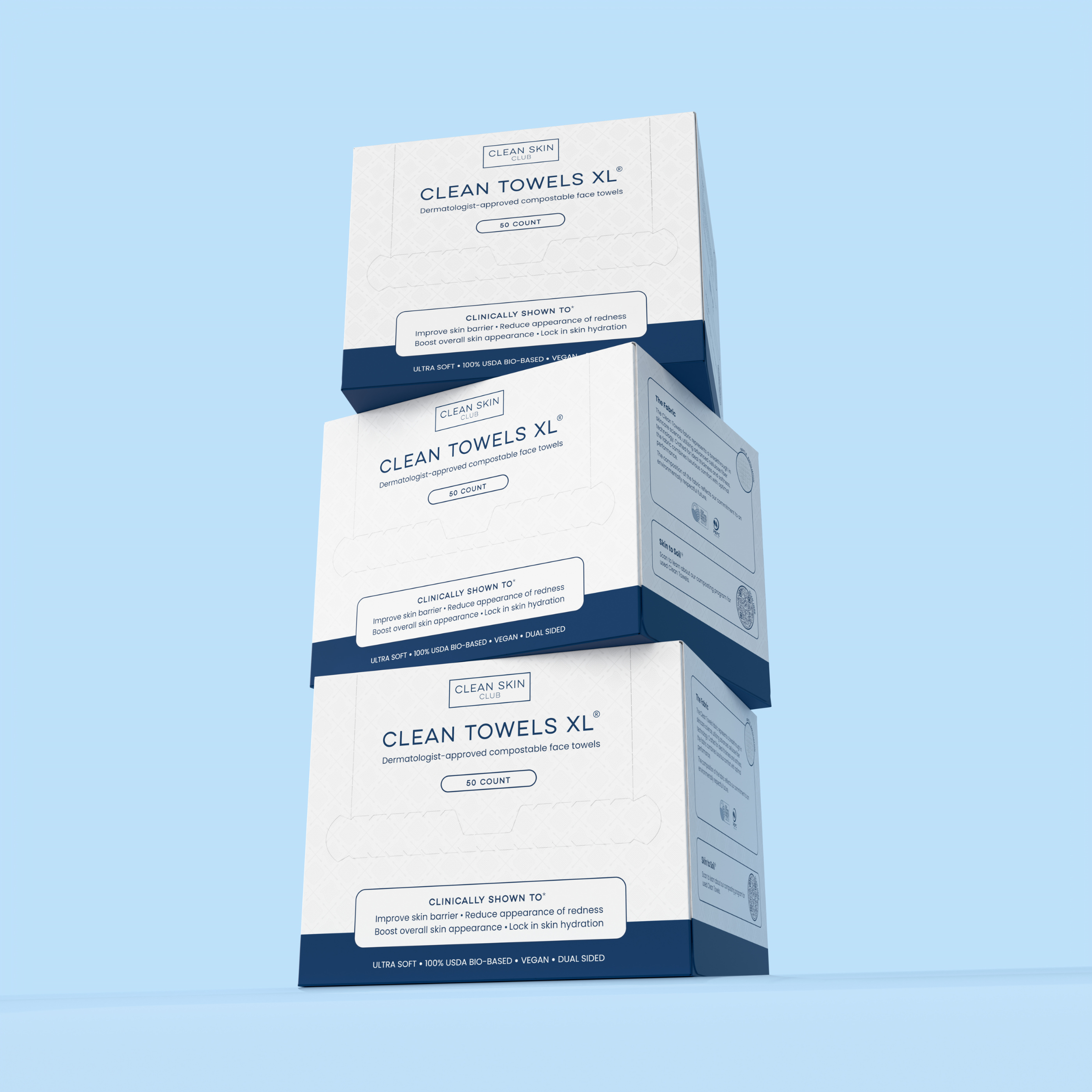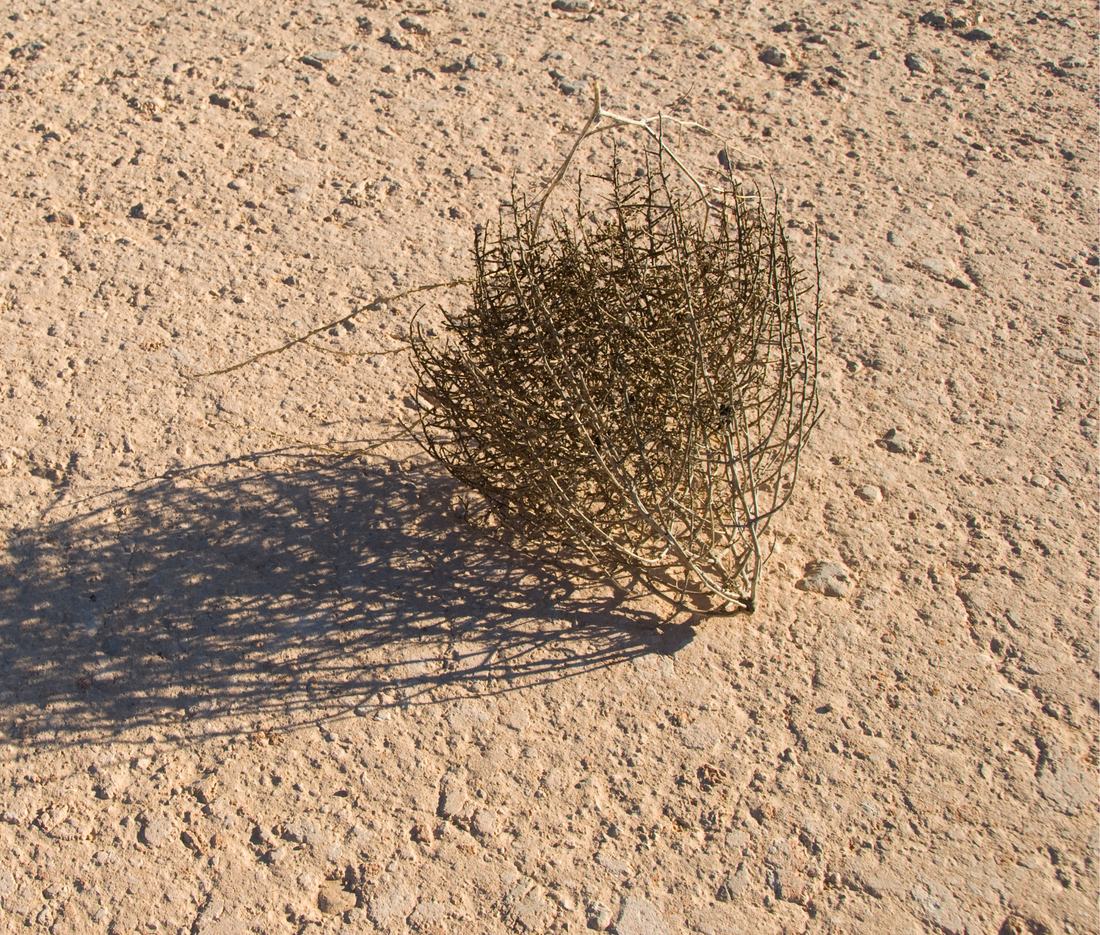Does your skin feel extremely dry? Did you know that there is a difference between dry and dehydrated skin? Let me explain...
Dry Skin
Dry Skin is a genetic skin condition that causes the skin to lack oil within the make up of the skin. People with this skin type can often have rough & scaly patches of skin on the face or body. Their skin may also look dull or lifeless at times. Because of the lack of oil in this skin type - it can often lead to premature aging, exhibiting fine lines & wrinkles. People with dry skin tend to have other skin conditions such as eczema & psoriasis.
So, what can those with dry skin do? Believe it or not- if you're dealing with dry skin it's imperative to chemically or physically exfoliate to help slough away dead skin cells. Always go for a rich moisturizer, and make sure to use a generous amount after each cleanse. On top of that, you should always have on hand an occlusive skincare product- like a facial oil or a balm that will help lock in moisture. There are also certain foods and vitamins that you will want to add into your lifestyle to help hydrate from the inside - out. One of my favorite vitamins for hydration are Essential Fatty Acids. These can also be found in foods such as; salmon, avocados, walnuts etc.
Dehydrated Skin
On the other hand, Dehydrated Skin is a temporary skin condition often caused by environmental weather shifts, hormones, or simply using the wrong skincare products. Dehydrated skin lacks water whereas dry skin lacks oil. Many of my first time clients that walk into my clinic have dehydrated skin - much of the time due to overusing active ingredients or prescribed topical medications. This is a sign of a damaged skin barrier.
Dehydrated skin often has a feeling of being oily and dry at the same time. You will have unusual shininess & tightness to the skin. Your skin will also have a burning sensation when applying skincare products. To treat this skin condition I recommend adding in a hydrator like a polyglutamic acid, hyaluronic acid, or beta glucan serum. You will also definitely want to add in ceramides and peptides to repair the skin barrier.
Thank you for reading!
This article of the Skinsider Scoop was graciously written by L.M.E., Paige Querney, and edited by the Clean Skin Club team. If you're interested in more from Paige, please shoot us an email, and follow her Instagram - @skinwithpaige



